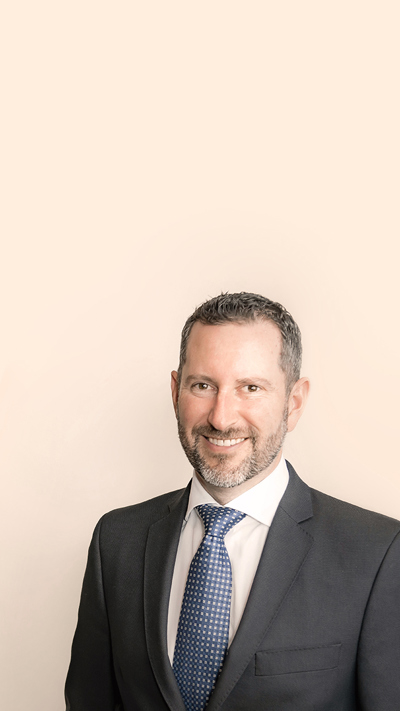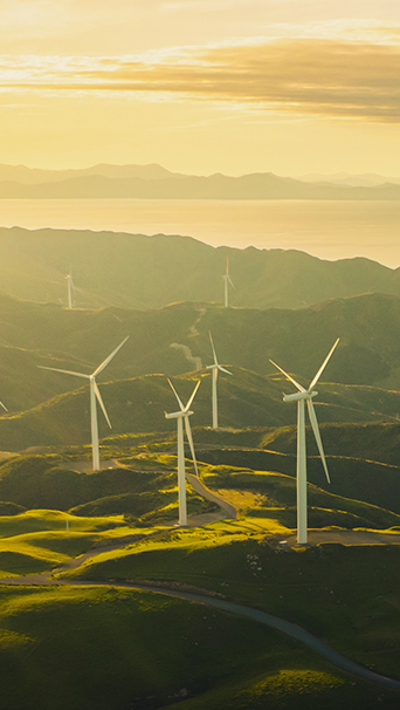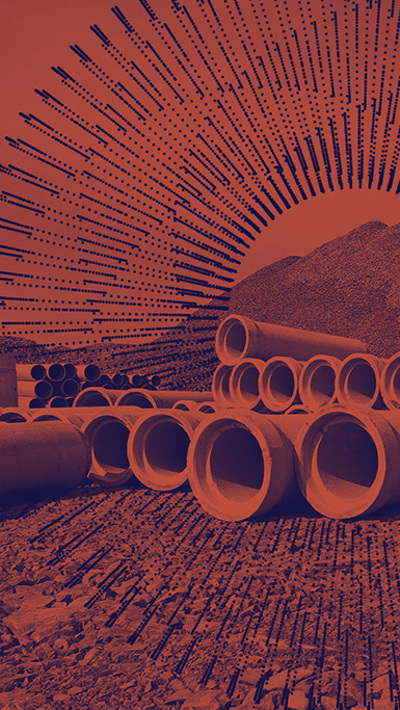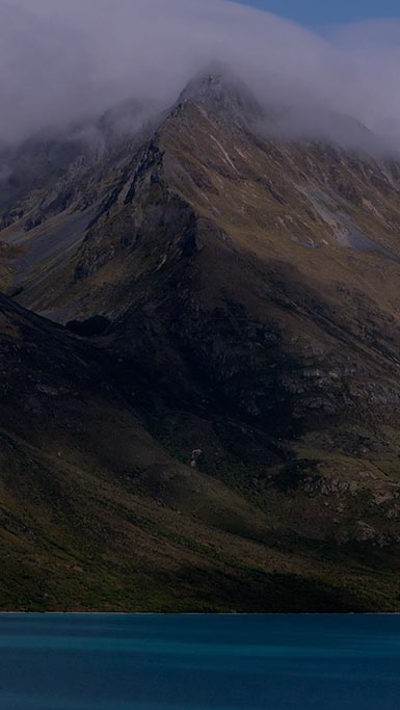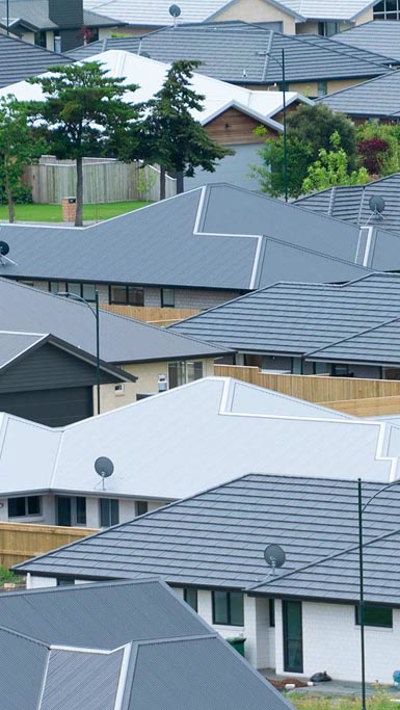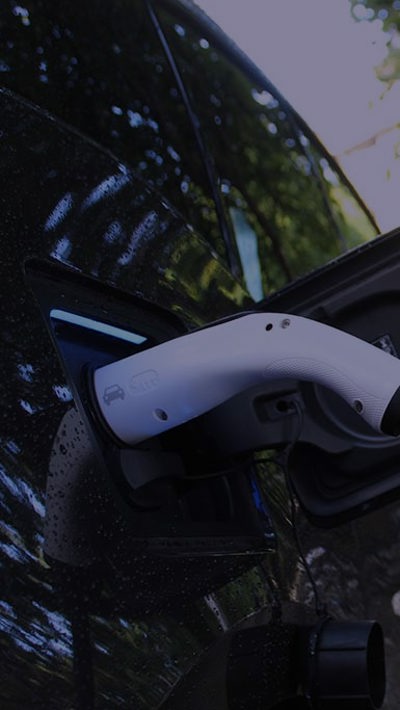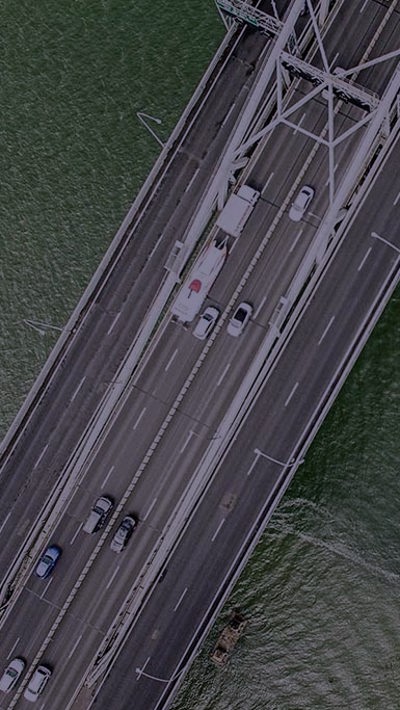Contents
The 30 year infrastructure strategy now being consulted on by the New Zealand Infrastructure Commission Te Waihanga is being developed in circumstances which offer every chance of achieving an outcome which will deliver meaningful change.
The need for a massive investment in infrastructure and the importance of a coordinated response are well-understood, and there are a number of complementary workstreams already in play – in particular the public health restructure, the impending climate change budgets, the local government review, the Three Waters programme and the rewrite of New Zealand’s resource management law.
Submissions on the consultation document close on 24 June. The Commission hopes to have a draft report with Infrastructure Minister Grant Robertson in September and a final product to be tabled in the House before end of March 2022.
Reform directions
The strategy will set a direction for 2050 and lay out a decade by decade approach to get there. The Commission has identified five priorities for action.
- Institutional and governance reform to create better integration between local and central government.
- Getting the price right in order to better manage demand – e.g., congestion pricing, water metering, waste disposal charges that better reflect true costs, and including the full cost of carbon in infrastructure business case appraisals and decision-making. In all cases, mitigation approaches would be needed to protect people on low incomes.
- Supporting housing supply – standardising district plan rules, integrated infrastructure planning at regional level, creating targets for new housing and setting housing requirements through national direction.
- Supporting a zero carbon economy.
- Promoting a digital future.
The Commission has spent the last year engaging with representatives of local and central government, private sector infrastructure providers and the general public. But its thinking is still in the early stages and it is approaching the consultations with what seems to be an open mind and a genuine interest in new ideas.
It has laid out a large number of “options” across a wide area. Rather than attempt to present them all, we have gone for a smorgasbord approach to give you a feel for where the Commission is at, and where it might move to.
Options
- Require major capital works to be subject to a brightline resilience test across siting, design specifications and construction.
- Ensure non-built transport solutions are considered first (charging to reduce or increase demand).
- Require local government to consider information from insurance markets to inform climate risk-related planning policy.
- Investigate the need for a specific regulatory framework for off-shore electricity generation.
- Identify clear legislative steps to move to full open data for public infrastructure across central and local government.
- Set targets for housing development capacity and triggers for the release of new capacity.
- Enable publicly owned water providers to charge water users directly for their services and enable volumetric wastewater charges for large wastewater sources.
- Improve information for land use planners, infrastructure planners and the development sector so they can understand the locations and timing of growth opportunities.
- Implement congestion pricing and/or road tolling to improve urban accessibility (Auckland first, then Wellington, then wider).
- Develop a long term national freight supply chain strategy covering airports, ports, road, rail and coastal shipping.
The Commission conducted a public opinion survey as part of its work and has boiled this feedback down to four key messages.
- The time it takes to build new transport options is an important issue. Lack of access to public transport and the time it takes to get around cities are close behind. Improving public transport is the preferred solution.
- Affordable housing and our ageing schools and hospitals are the main issues holding us back as a country. More investment is needed in our water networks, and we could be using technology to save water.
- We create too much waste. Producing less waste is important in preparing for the impact of climate change.
- Our environment is the top priority when making infrastructure decisions.








